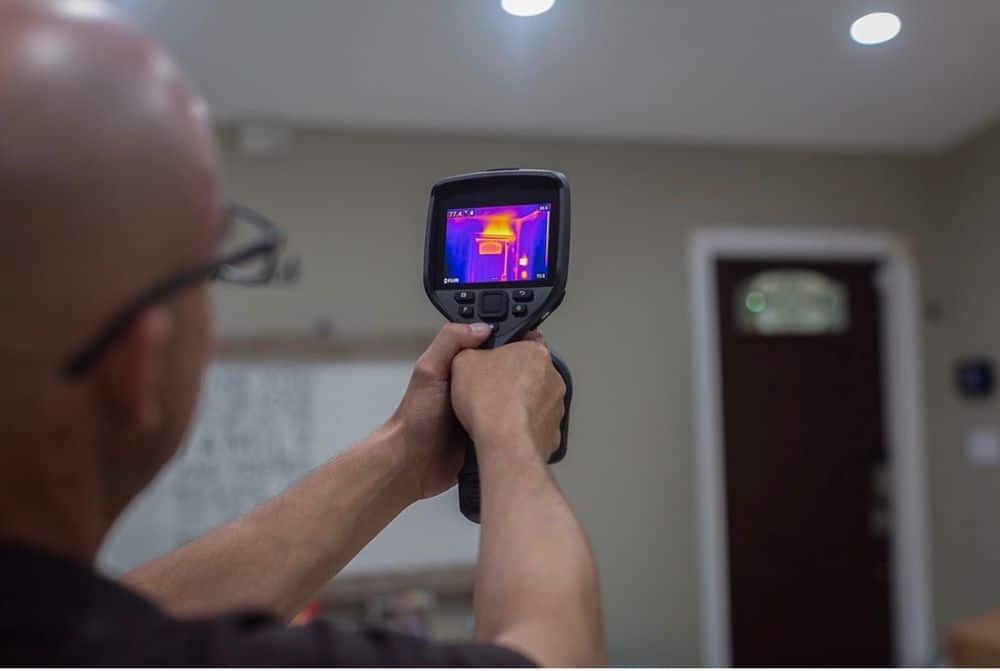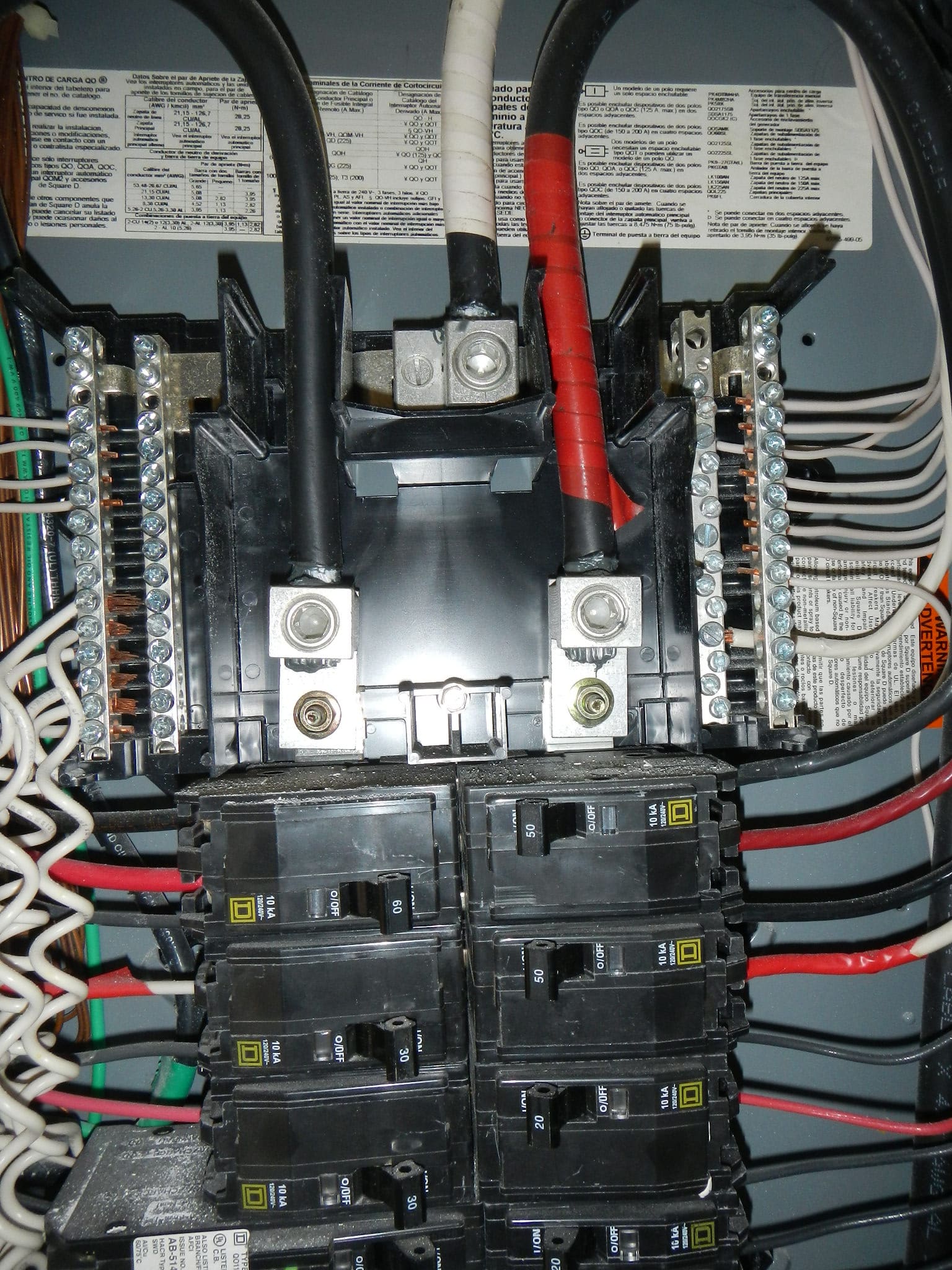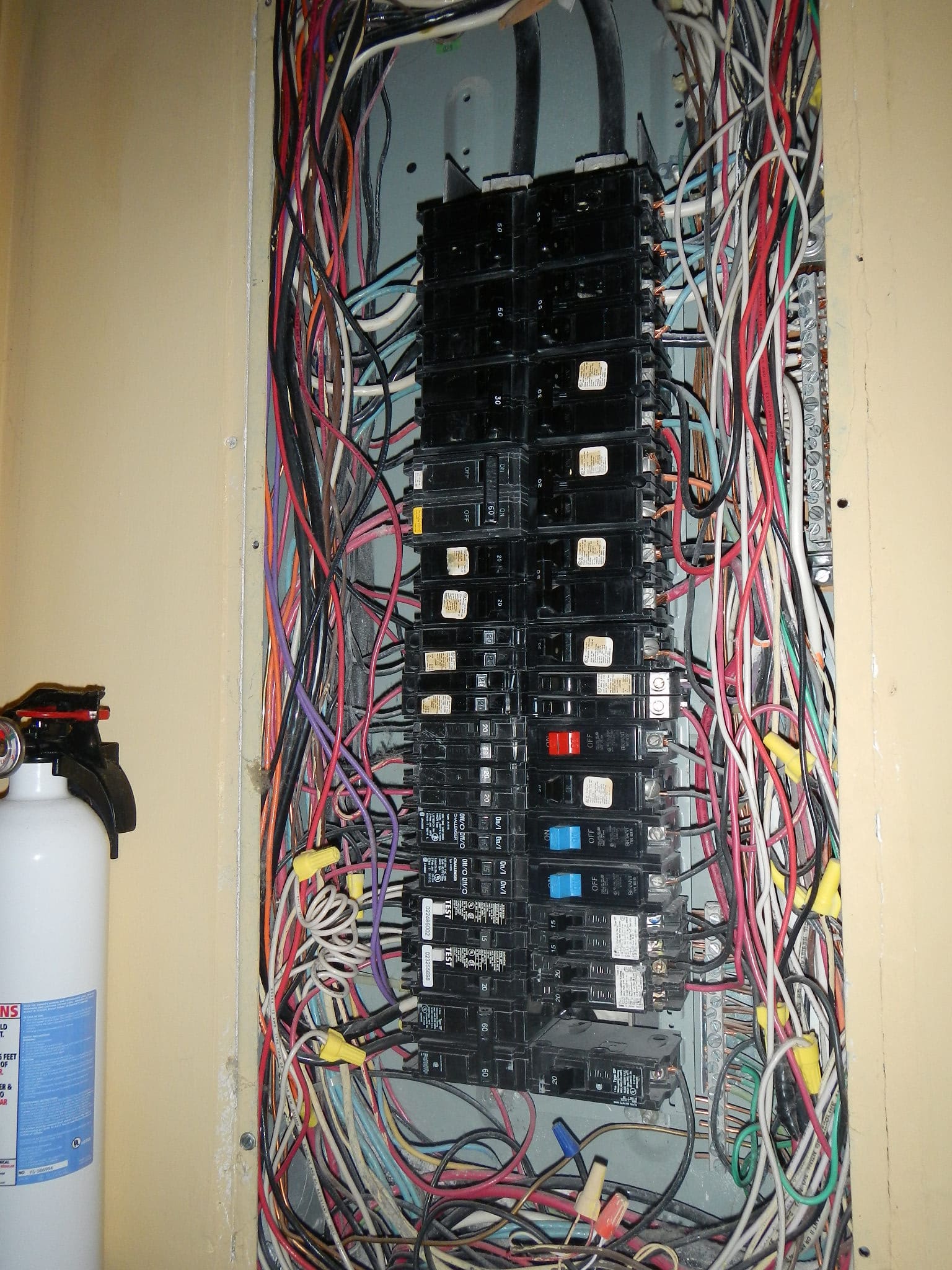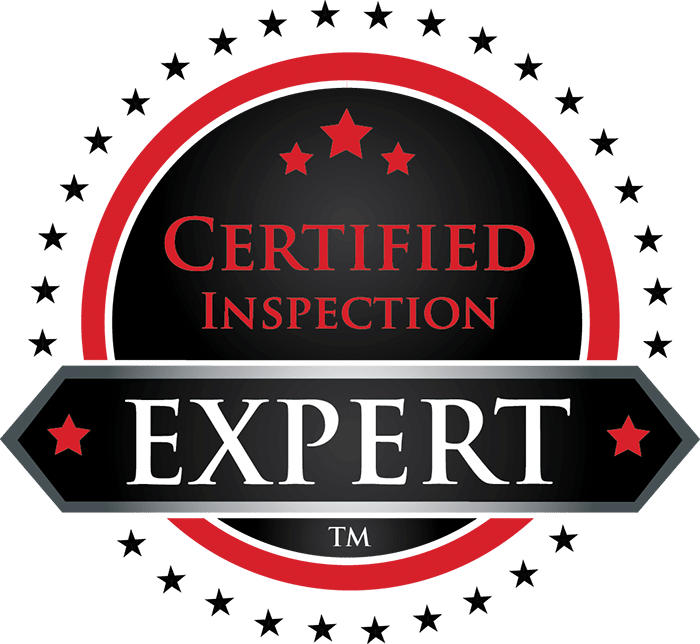Tag: Infrared Thermal Imaging Inspections
Avoid Hidden Issues: 4 Perks of Level II Thermography Inspections
Buying a new home is one of the most significant investments you will ever make, and you want to ensure your investment is free of major issues. A home inspection is an essential step in the home-buying process but is limited to areas of the home that are visible and accessible to the inspector. Consequently, […]
Electrical Infrared Inspections: Multi-Year Building Recertifications
Miami-Dade County has established a code that requires buildings to undergo a specific recertification process, depending on their age and location. Buildings located along the coast must complete this recertification process at 25 years, and buildings inland must do so at 30 years. After this initial recertification, the process needs to be repeated every 10 […]
3 Ways a Thermal Imaging Inspection Could Benefit You
Infrared thermal imaging has emerged as a powerful tool to help inspectors detect issues that would otherwise be missed. Infrared energy is not detectable by the human eye and requires state-of-the-art equipment used by a certified thermographer to identify anomalies that might point to a hidden issue. Evolve Property Inspections offers level II infrared thermography […]
The 40-Year Building Recertification Requirements Are Changing
There are important changes going into effect regarding 40-year recertifications that commercial building owners will need to prepare for in the coming months. Evolve Property Inspections can help you protect your investment, ensuring your building meets the new requirements that are mandated. We want you to be able to take the guesswork out of your […]
Level II Infrared Thermography: Don’t Miss Any Potential Issues
A home inspection is a valuable and vital tool in real estate, but it is not perfect. Even the most astute inspector could miss some potential issues simply due to the limitations of an inspection. Evolve Property Inspections offers level II infrared thermal imaging inspections to detect issues with our state-of-the-art equipment that could otherwise […]







